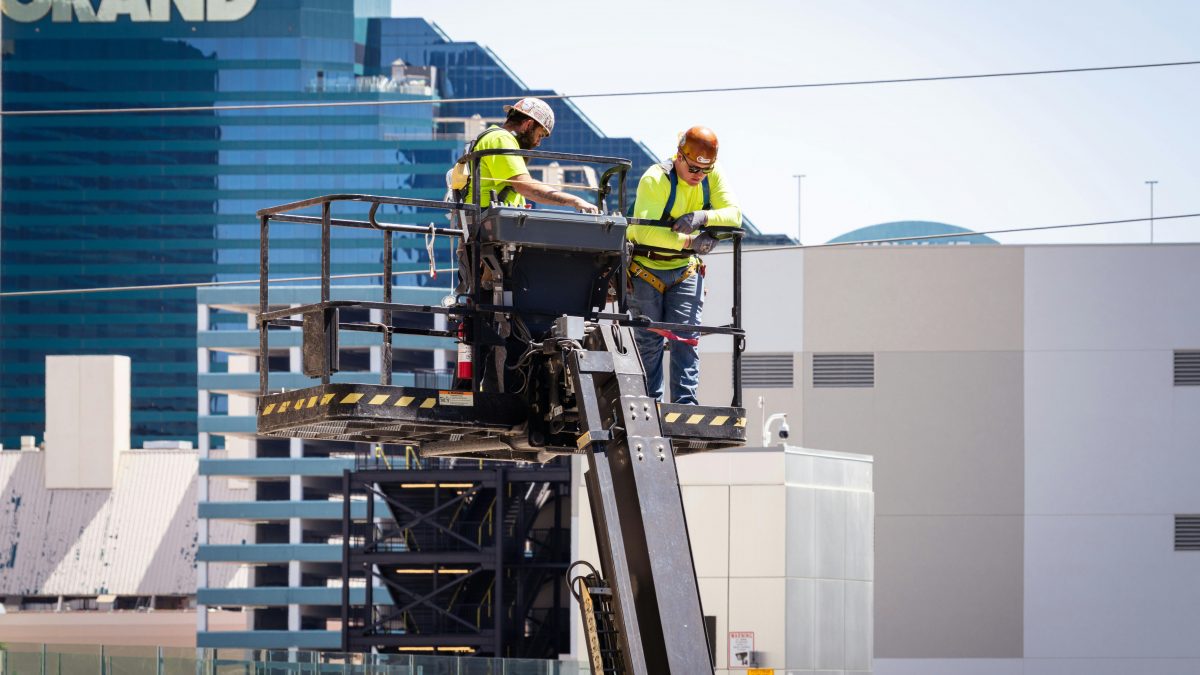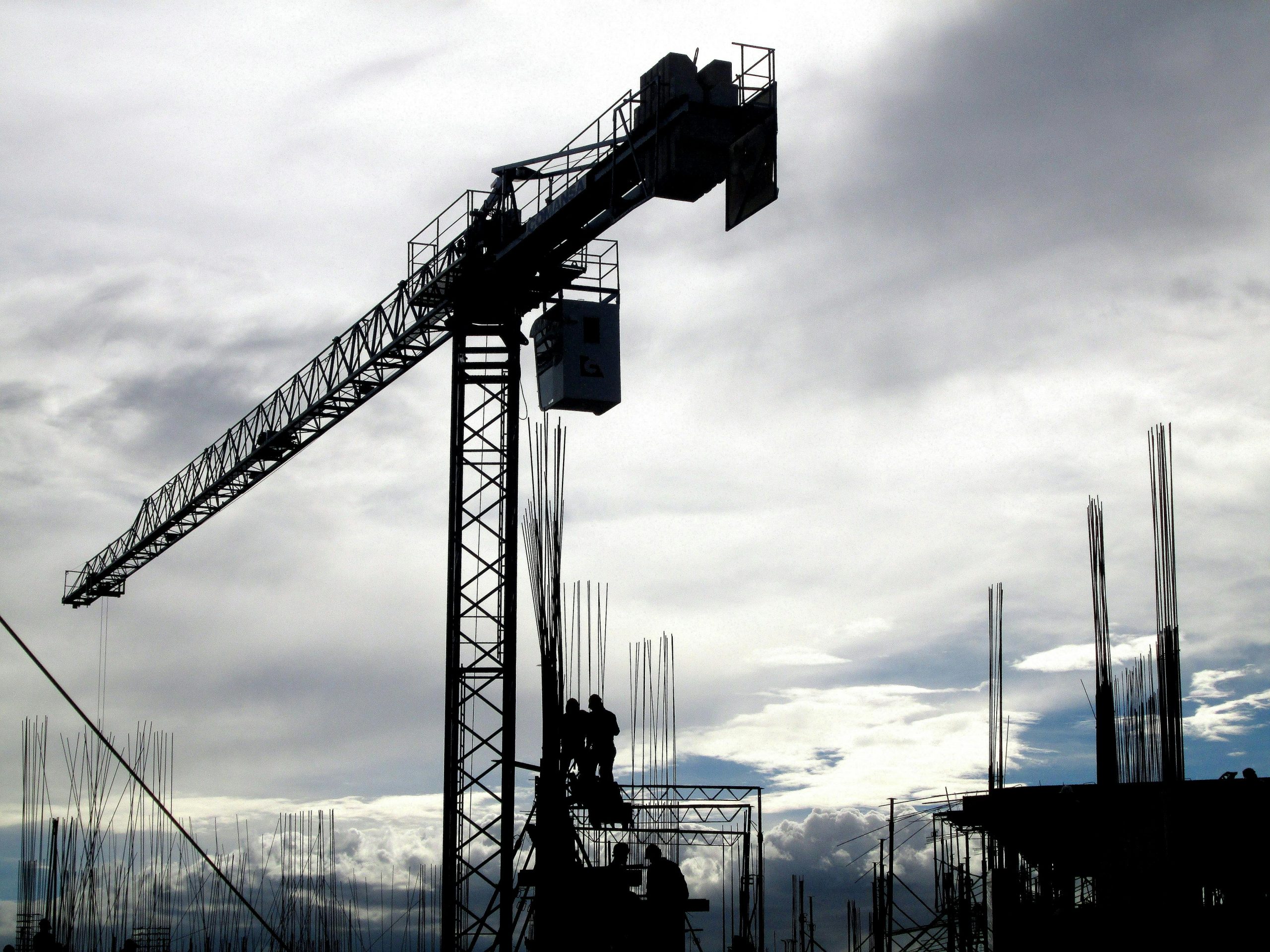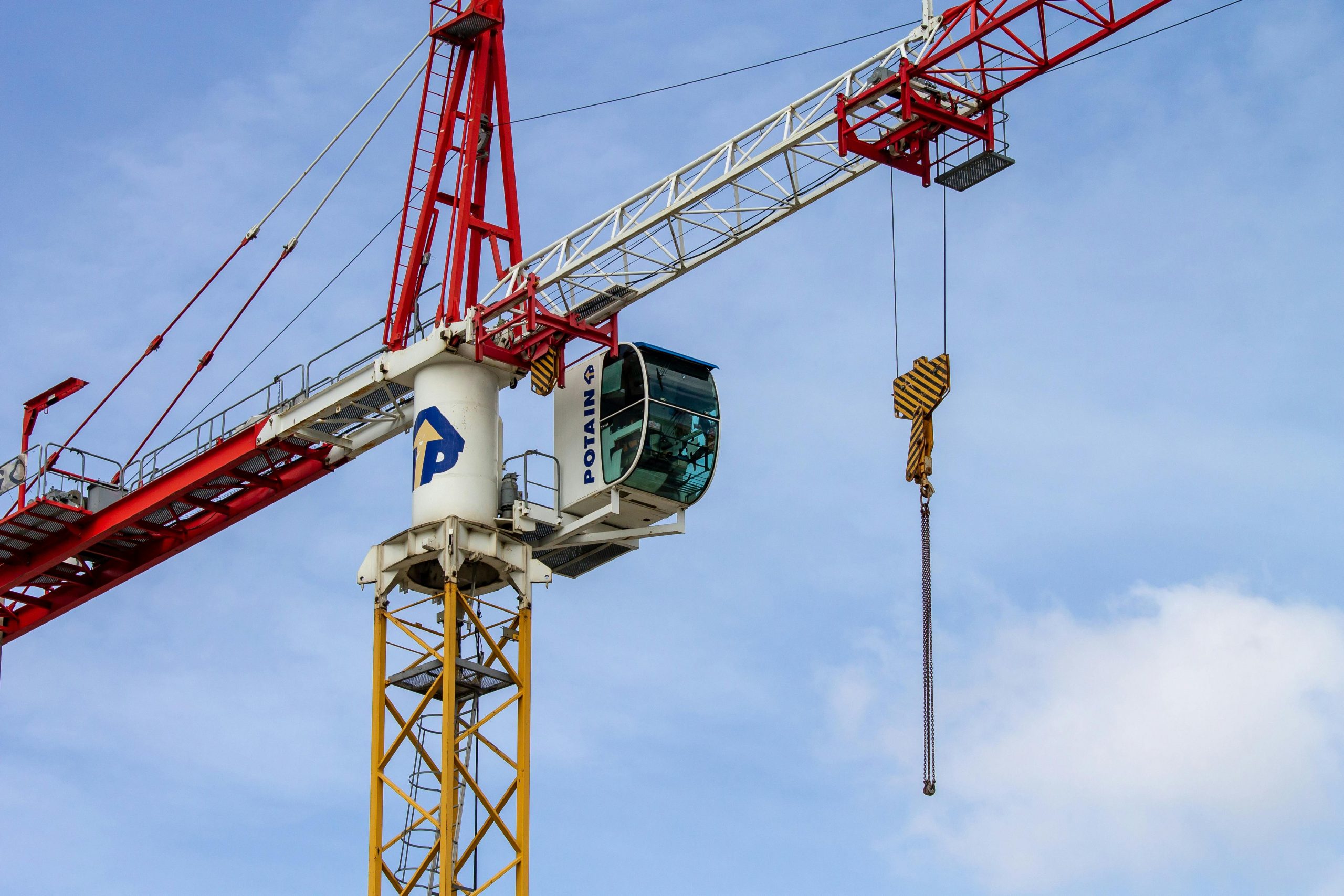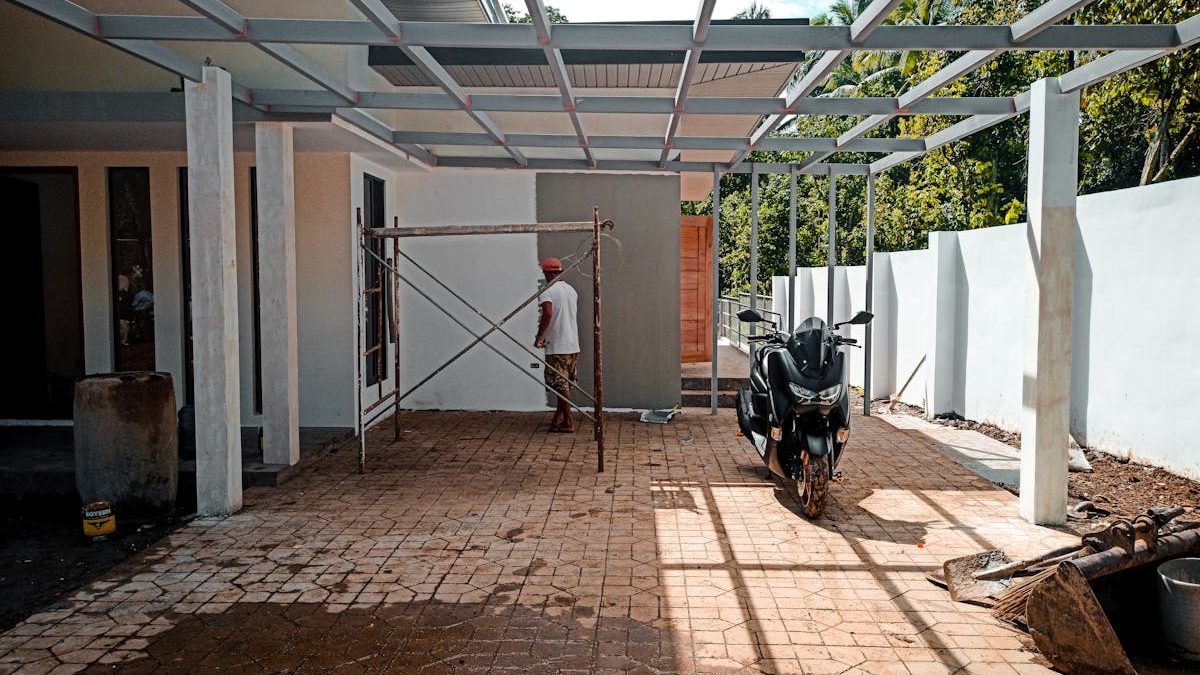
Why Hiring a Certified Crane Operator Improves Job Site Safety
Highlights
- Certified crane operators dramatically reduce the risk of accidents and injuries.
- They follow strict safety procedures and understand load limits, rigging, and equipment controls.
- Compliance with OSHA and state regulations prevents costly fines and project delays.
- Trained operators work efficiently, saving time and reducing downtime.
- Hiring a crane service with certified operators protects workers, homeowners, and contractors from liability.
- The long-term cost savings from preventing accidents outweigh short-term expenses.

Cranes are essential tools for many construction projects, even in residential settings where space is tight and materials are heavy. Whether lifting roof trusses, moving steel beams, or installing HVAC units, cranes make the job faster and safer—when they’re used correctly.
Unfortunately, crane-related accidents are among the most serious hazards on construction sites. A dropped load or crane tip-over can lead to property damage, worker injuries, and even fatalities. The good news is that many of these incidents are preventable. The key? Hiring a certified crane operator who knows how to handle the equipment safely and efficiently.
In this article, we’ll explore why having a trained and certified operator on site isn’t just a good idea—it’s essential for safety, compliance, and project success.
The Role of Crane Operators in Construction Safety
Crane operators do much more than just sit behind the controls and move loads. They are responsible for the safe and precise handling of some of the heaviest equipment and materials on a job site. A certified operator’s job includes:
- Planning lifts – They calculate load weights, determine the best lifting angles, and plan the safest way to move materials.
- Coordinating with crews – Operators work closely with riggers and signal persons to make sure everyone is on the same page before and during lifts.
- Monitoring equipment – They inspect the crane before each shift, looking for issues like worn cables, fluid leaks, or mechanical defects.
- Preventing hazards – Operators are trained to identify risks such as overhead power lines, uneven ground, or unstable loads that could lead to accidents.
By having a certified operator handle these tasks, contractors and homeowners can rest assured that lifting operations are carried out with maximum attention to safety.
Risks of Operating Cranes Without Proper Training
Operating a crane is not something anyone can just figure out on the job. Even a minor mistake can lead to disastrous consequences. Some of the most common risks associated with untrained crane operation include:
- Tip-overs: Using a crane on uneven ground or exceeding its lifting capacity can cause it to overturn.
- Dropped loads: Incorrect rigging or poor load balance can cause materials to fall, endangering everyone nearby.
- Electrocution: Cranes that come too close to power lines can energize the boom, posing a lethal hazard.
- Property damage: A swinging load can easily damage nearby buildings, vehicles, or other equipment.
According to OSHA, crane-related accidents account for dozens of fatalities each year in the United States. The financial impact of these accidents can be devastating—ranging from medical costs and equipment repairs to project delays and legal liabilities.
Hiring a certified crane operator dramatically reduces these risks because they know exactly how to avoid them.
Certifications and Training That Matter
Not all crane operators have the same level of training. The gold standard in the United States is certification from the National Commission for the Certification of Crane Operators (NCCCO) or an equivalent organization. This certification ensures that operators have demonstrated both theoretical knowledge and hands-on skills.
Certified operators are trained in key areas, including:
- Load charts & capacity planning: Understanding the crane’s limits is crucial for safe lifting.
- Rigging best practices: Operators know how to choose the right slings, shackles, and spreader bars for each job.
- Communication signals: They are trained to respond to hand signals or radio instructions from a signal person.
- Emergency procedures: Certified operators know what to do if there’s a mechanical failure, sudden weather change, or other emergency.
- Continuing education: Many programs require operators to stay up to date with the latest safety standards and technology.
By hiring someone with proper credentials, you ensure that your job site benefits from the highest level of skill and professionalism.
Safety Standards and Compliance
Beyond the obvious benefits of avoiding accidents, hiring a certified crane operator helps keep your project in compliance with safety regulations. OSHA requires that crane operators on construction sites be either certified by an accredited organization or qualified through an employer’s program.
Failing to comply with these requirements can result in:
- Costly fines: OSHA penalties can reach thousands of dollars per violation.
- Work stoppages: Projects may be delayed until compliance issues are resolved.
- Legal liability: If an accident occurs, lack of compliance can increase your exposure to lawsuits.
Hiring a professional eliminates these worries because certified operators already meet regulatory requirements.
Additional Benefits Beyond Safety

While safety is the most important reason to hire a certified crane operator, the advantages go far beyond accident prevention. Bringing a skilled and qualified professional onto your job site has a ripple effect that improves the entire project from start to finish.
Better Teamwork & Communication
Certified operators are trained not only to handle heavy equipment but also to collaborate effectively with ground crews, riggers, and supervisors. They understand standard hand signals, radio communication protocols, and job site procedures, which reduces miscommunication and delays. This coordination ensures that everyone is on the same page, creating a smoother workflow and fewer interruptions.
Improved Efficiency & Project Timelines
Time is money in construction, and skilled crane operators know how to make every lift count. They can complete lifts more quickly, position loads accurately on the first attempt, and adjust safely if conditions change. This reduces downtime and keeps the project moving according to schedule — a huge advantage when working under strict deadlines.
Reduced Equipment Wear & Tear
A crane is a significant investment, and improper operation can lead to expensive breakdowns or repairs. Certified operators understand load limits, boom angles, and safe operating speeds, preventing unnecessary strain on the machinery. This not only lowers maintenance costs but also helps extend the overall lifespan of the crane.
Lower Insurance Premiums & Liability Risks
Hiring certified operators can also save you money in the long run by reducing your liability exposure. Many insurance companies recognise the value of certified professionals and may offer discounted premiums for contractors who prioritise safety and training. This can lead to substantial cost savings over multiple projects.
Stronger Professional Reputation
When you consistently deliver projects safely, on time, and within budget, you build a reputation as a reliable contractor. Using certified operators shows clients, inspectors, and partners that you take safety and quality seriously — which can lead to repeat business and better contract opportunities.
How to Hire a Certified Crane Operator
Finding the right crane operator doesn’t have to be difficult. Here are some steps to ensure you hire a qualified professional:
- Ask for certification proof: Request to see the operator’s NCCCO card or equivalent.
- Verify insurance coverage: Make sure both the operator and equipment are fully insured.
- Choose a reputable provider: A crane company that offers operator services along with rentals ensures you get both the right equipment and a trained professional.
- Read reviews and testimonials: Check past clients’ feedback to see if the company has a strong safety record.
- Discuss the project scope: Share details about the load weights, site conditions, and project timeline so the operator can prepare appropriately.
Following these steps will give you peace of mind knowing that your lifting operations are handled by experts.
Conclusion
Hiring a certified crane operator is one of the smartest decisions you can make for your construction project. Not only does it protect workers and property, but it also keeps you compliant with regulations, reduces project delays, and saves money in the long run.
A well-trained operator brings skill, safety awareness, and professionalism to every job site. When paired with the right crane and a well-coordinated crew, the result is a safer, smoother, and more efficient project.
So the next time your project requires heavy lifting, make sure you put safety first—hire a certified crane operator and enjoy the peace of mind that comes with knowing your job is in good hands.



